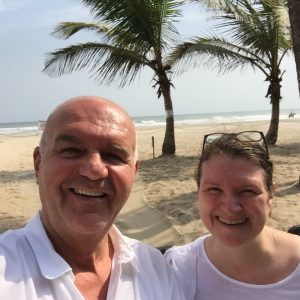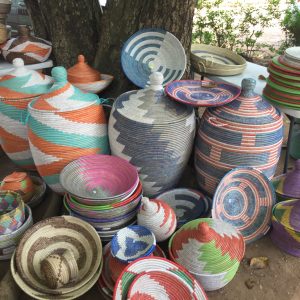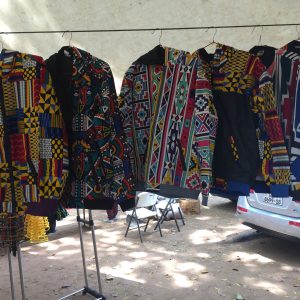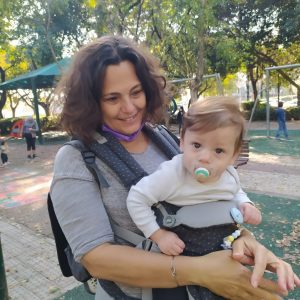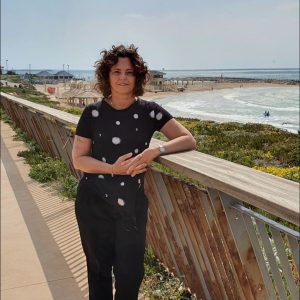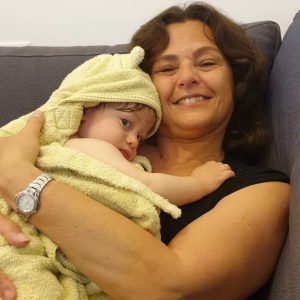By Žikica Milošević
In each issue Diplomacy & Commerce magazine, among other things, features the members of the diplomatic corps, as well as events in the diplomatic community in Serbia. In this issue, we will show you where former ambassadors to Serbia are working now and what are they doing. Today we are presenting the former ambassadors of two countries – Canada and Israel. We asked them what they did after leaving Belgrade, what they miss the most about Serbia and how much the pandemic has changed diplomacy and the daily life of a diplomat.
- What have you been doing since you left Belgrade?
- What do you miss the most about Serbia?
- How much have diplomacy and the everyday life of a diplomat changed during the pandemic?
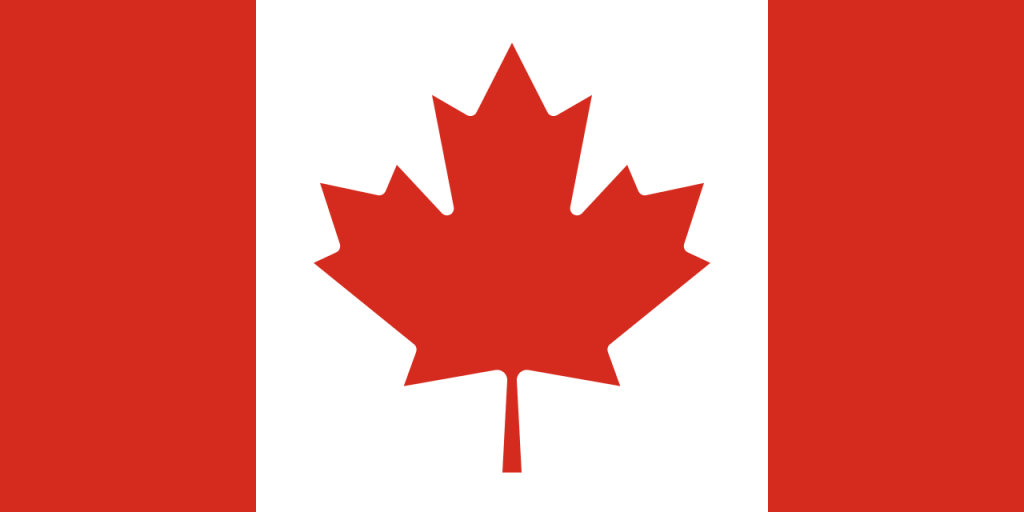
H.E. Kati Csaba, High Commissioner of Canada to Ghana and Sierra Leone, and Ambassador to Togo: We cannot wait for the Serbian delicacies
1.We moved to Accra, Ghana, where I am now the High Commissioner of Canada to Ghana and Sierra Leone and Ambassador to Togo. We have been getting to know Accra over the past few months, and are looking forward to travelling to Sierra Leone and Togo in the months ahead. We are enjoying the hot climate, the beautiful nature, and the warmth and friendliness of the Ghanaian people we have met so far.
2. What we miss the most are, of course, all the wonderful friends and colleagues we met while we were living in Belgrade. It was very hard to say goodbye to all of them, and Nećko and I often feel moments of nostalgia for our life in Serbia. Besides people, we also miss the great cultural life and restaurant scene, and Serbian delicacies like kajmak, ajvar, and rakija, which are not available here. Once our shipment arrives, we are looking forward to sharing some Serbian rakija and wine with our new friends here, as well as some Canadian delicacies too.
“Besides people, we also miss the Serbian delicacies like kajmak, ajvar, and rakija – once our shipment arrives, we share it with our new friends here”
3.Probably the biggest change in diplomatic life during this pandemic is the lack of human contact. I have been doing some meetings online to introduce myself to partners and contacts and can meet a few people in person (while respecting all COVID measures, of course), but there are no big events for now where it would be possible to meet lots of people and build my network. So that makes starting a new diplomatic posting more difficult than usual. Our embassy here is operating with only 40% of staff in the office, for now, so I still have not met all of my team in person yet. That is a strange feeling, and I look forward to the day when we can all be at work together.
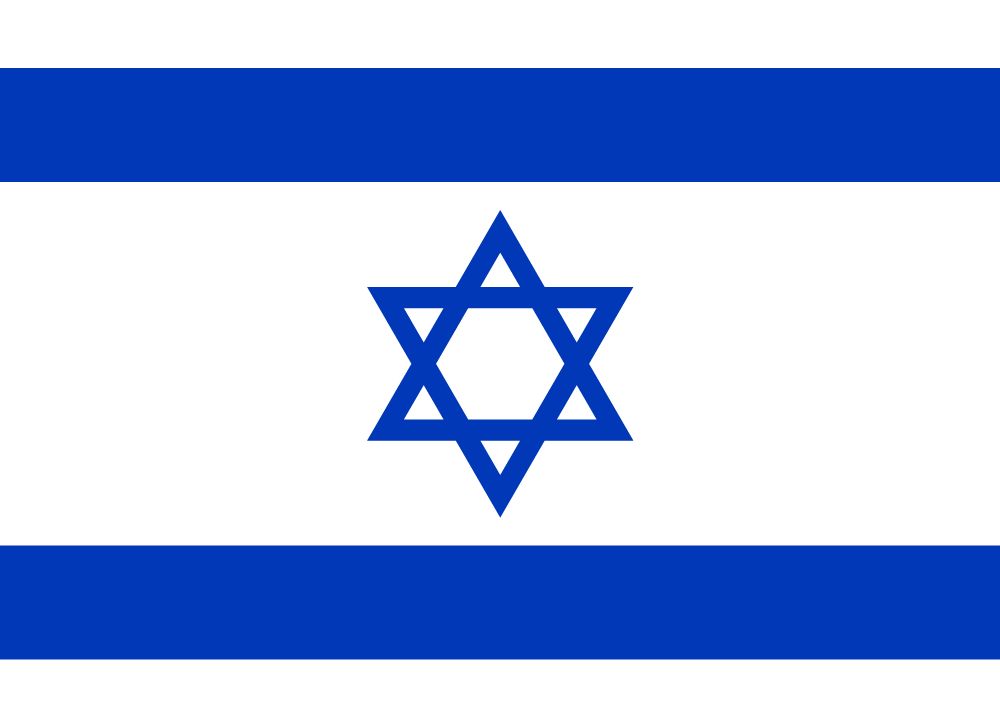
H.E. Alona Fischer Kamm, an instructor at the Israeli National Defense College (INDC): I miss the Kopaonik snow
1.Since coming back to Israel last summer, I have been an instructor at the Israeli National Defense College (INDC), mentoring and training high-ranking officers in the IDF, as well as high officials from different government ministries. We have also 6 officers from foreign armies such as the US, India, Greece, Italy and Germany. They are all exposed to strategic thinking and trying to understand the complexity of the world today. In this context, we visited Serbia for the first time last November and we are planning to visit India next week. I dedicate my free time to my first grandchild Dor (meaning generation in Hebrew), my family and my friends after the imposed Covid-19 social distancing. Now, that the country has opened up thanks to the successful vaccine campaign, I am rediscovering Tel Aviv while enjoying its beaches and cultural life.
2.Serbia has become my second home. I have made good friends there that I miss and hope to meet soon in Israel. Together, we still work to enhance relations between Serbia and Israel and promote values and projects of common interests. I felt privileged getting to know and even being part of a large group of vibrant and dynamic people in Serbia who want to make a change and contribute to society and the country’s economy.
“I missed the Kopaonik this winter, especially when I saw the photos my friends posted on Facebook”
3.The essence of diplomacy has not changed, of course, but the means and the tools might be different following the pandemic. On the one hand, by definition, diplomacy makes use of technology for remote communication while, on the other, diplomacy is the art of persuasion where direct contact is essential. I believe that technically speaking, we have all learnt that there is no need to travel to convene or to convey a message. Yet, trust and mutual confidence are always easier to gain face-to-face. As for the content of diplomacy, Covid-19 has shown that the main challenges in foreign affairs are not bilateral but global and that we need to tackle them together.
